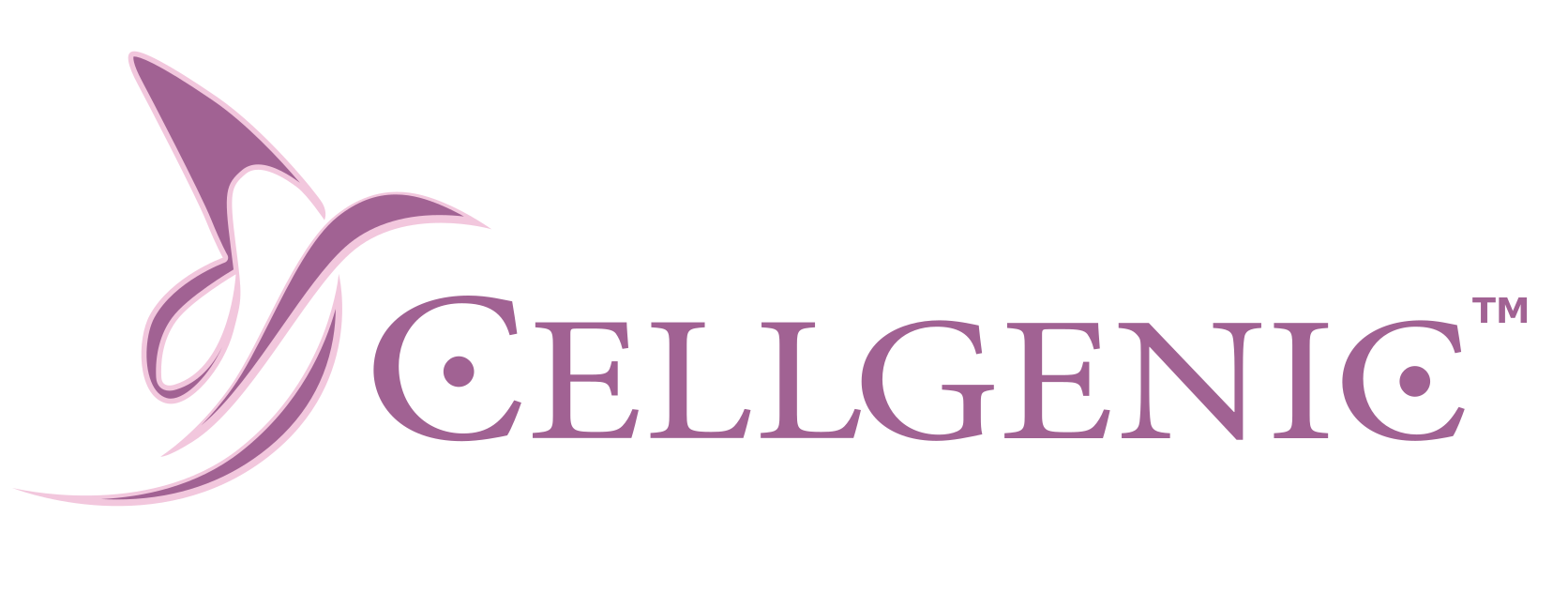Exosomes are small extracellular vesicles released by most cell types. They facilitate communication between cells by transferring biomolecules such as proteins and RNA.
Exosomes act as messengers. They deliver information from one cell to another, bridging communication gaps between distant cells.
They achieve this by fusing with the cell membrane, releasing their cargo into target cells. This transfer can alter the target cell’s behavior significantly.
The mechanism involves selective sorting of molecules into exosomes. This allows cells to precisely control the signals they send out.
This precise delivery system is what makes exosomes so valuable. By harnessing this mechanism, regenerative therapies can target specific cells, enhancing treatment efficacy.
The Advantages of Exosome Therapy in Regenerative Treatments
Exosome therapy is revolutionizing regenerative medicine. It stands out for its advanced therapeutic capabilities. Its non-invasive nature draws significant interest. Patients can undergo treatments without major surgical procedures.
The therapy’s precision enables targeted treatment. Exosomes deliver therapeutic molecules directly to affected areas. This enhances the outcome of regenerative treatments. It also reduces potential side effects compared to broader treatments.
Exosomes in regenerative therapies support cell repair and growth. They boost the body’s natural healing powers. By doing so, they help restore function in damaged tissues.
Exosomes play a crucial role in modulating immune responses. They help control inflammation, a common challenge in regenerative medicine.
Exosomes show promise in neurodegenerative disease treatments. Their ability to cross the blood-brain barrier is remarkable. This characteristic opens avenues for treating conditions like Parkinson’s and Alzheimer’s.
With each discovery, the potential therapeutic scope of exosome therapy broadens. Research highlights its versatility, showcasing applications across various fields of medicine.
Interest in exosome therapy is also driven by ongoing clinical trials. These studies aim to refine methods, demonstrating the therapy’s efficacy.
Biocompatibility and Natural Origin
Exosome therapy is naturally derived, enhancing its biocompatibility. This minimizes adverse immune reactions, a common issue with synthetic therapies.
The body’s natural acceptance of exosomes facilitates their therapeutic role. They blend seamlessly within biological systems, supporting healing without disruption.
Tissue Repair and Immune Modulation
Exosomes play a vital role in tissue repair. They promote regeneration at cellular levels, accelerating recovery processes.
Beyond repair, exosomes manage immune responses. They reduce inflammation, which helps in conditions like arthritis.
Their ability to modulate the immune system ensures balanced regeneration. This harmonized approach makes exosomes invaluable in diverse therapies.
Broad Therapeutic Potential Across Various Conditions
Exosomes show promise across multiple conditions. From cardiovascular issues to skin rejuvenation, they hold therapeutic potential.
Their ability to cross the blood-brain barrier is a game-changer. It provides novel treatment pathways for neurological diseases.
Furthermore, exosomes help improve musculoskeletal health. Athletes and patients with degenerative disorders particularly benefit from this capability. Their broad application marks exosomes as a versatile tool in medicine.
Exosome Therapy vs. Traditional Regenerative Methods
Exosome therapy is a modern marvel in regenerative medicine. It diverges significantly from traditional methods, offering clear advantages.
Typically, regenerative treatments involve invasive procedures and lengthy recoveries. Surgical interventions often risk complications and extended downtime.
Exosome therapy, conversely, entails minimal invasiveness. This drastically reduces recovery periods, allowing patients to resume daily activities faster.
Traditional methods may induce significant side effects due to their systemic nature. Exosomes, however, deliver targeted therapies, minimizing collateral impacts.
Moreover, exosomes harness the body’s own healing mechanisms. They naturally integrate with existing cellular processes, supporting seamless recovery.
The adaptability of exosomes is another advantage over traditional approaches. Customization for individual patient needs ensures a personalized therapy. This flexibility enhances treatment effectiveness across various conditions.
Reduced Side Effects
The reduction in side effects is another significant benefit. Exosomes target precisely, minimizing impact on healthy cells.
Consequently, patients enjoy a faster recovery. This advantage translates to a better quality of life post-treatment.
Enhanced Efficacy and Drug Delivery Capabilities
Exosome therapy offers enhanced efficacy in treatment delivery. It effectively transports therapeutic agents to affected cells.
This precise delivery boosts treatment outcomes while minimizing drug dosages. Lower dosages often equate to fewer side effects.
Additionally, exosomes can be engineered to carry specific drugs. This capability opens new frontiers in personalized medicine and tailored therapies.
Clinical Applications and the Future of Exosome Therapy
Exosome therapy is rapidly advancing in clinical applications. Research explores its potential across numerous health conditions. Cardiovascular diseases stand to benefit greatly. Exosomes show promise in repairing heart tissue, enhancing recovery outcomes.
Neurological disorders, such as Alzheimer’s, are also areas of interest. Exosomes may facilitate drug delivery across the blood-brain barrier. This could revolutionize treatment options for complex brain conditions. Musculoskeletal injuries are another focus, offering accelerated healing.
Exosomes carry regenerative signals that aid in tissue repair. Their role in reducing inflammation further supports recovery. In oncology, they may offer new avenues for drug delivery and cancer treatment. Enhanced targeting reduces collateral damage, preserving healthy tissue.
Wound healing and skin rejuvenation continue to be significant areas of exploration. By promoting cellular regeneration, exosomes can improve skin conditions and combat aging. Future research may enable more efficient cosmetic and reparative procedures. As clinical trials progress, the scope of applications broadens.
The Potential for Personalized Medicine
The potential for personalized medicine with exosomes is vast. Exosome treatments can be tailored to individual patient needs. This customization means that therapies can target specific cellular problems. Personalized approaches enhance both efficacy and safety of treatments.
Patient-derived exosomes offer an extraordinary opportunity. They could lead to therapies with minimal adverse reactions. A patient’s unique biological makeup informs the treatment. This personalization could significantly shift the standard of care, emphasizing precision and efficiency.
Why Invest in Exosome Therapy?
Investing in exosome therapy is a forward-thinking decision. The potential market is expanding rapidly, driven by innovation. High demand for cutting-edge treatments ensures a solid return on investment. Exosome therapy is at the forefront of regenerative medicine.
The scalability of exosome production adds to its investment appeal. As techniques improve, costs decrease, broadening accessibility. This scalability allows for widespread adoption in various medical fields. Investors have a unique opportunity to shape the future of treatment options.
Collaborations between biotech companies and research institutions propel advancements. These partnerships ensure continuous growth and development. Supporting exosome therapy means contributing to revolutionary healthcare solutions. It empowers a new era of precision medicine.
Economic and Healthcare Impacts
Exosome therapy promises to lower healthcare costs. Effective treatments reduce the need for prolonged care. It can significantly decrease hospital stays and surgical interventions. Patients and healthcare systems both benefit financially.
Moreover, the therapy enhances the quality of life, cutting long-term expenses. By improving health outcomes, it minimizes recurrent medical needs. This makes it economically appealing for both providers and recipients.


